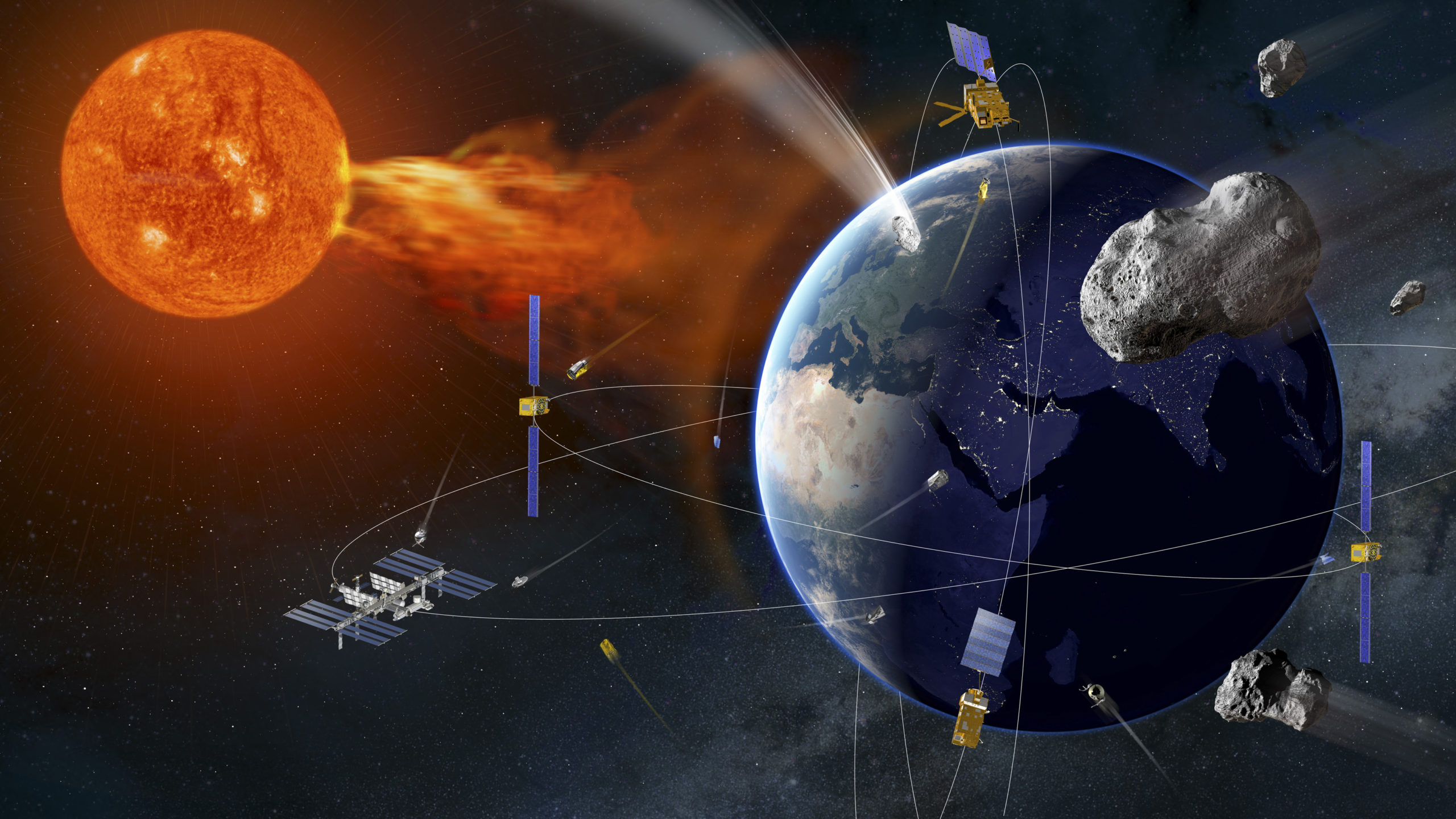
March 6th, 2023 |

By Ian Ching
The 2022 Space Safety Institute Compendium is a detailed examination of the current Space Policy, anticipating the most important questions and challenges that face the industry. This Compendium includes thirty-five policy recommendations that cover areas of space safety, operations, & situational awareness, among others. Space safety plays a vital role in shaping the industry's future and encourages the further development of relevant and informed policies. This Compendium's valuable insights are a worthwhile contribution to this unique discourse.
With a predicted order-of-magnitude increase in space activity in the coming decades, new capabilities for space tracking will be crucial. Risk assessments must be contextualized system-wide with significant growth in the space industry. The Compendium highlights how risk levels for individual spacecraft cannot be directly applied to a constellation-sized system. What were previously statically negligible concerns are amplified. Even the most unlikely events become almost certain when considering the sheer number of satellites orbiting our planet.
Satellite constellation systems are most at risk for debris collisions, which has increased the need for more frequent maneuvers. This Compendium details what potential new technical systems will do for increasing space situational awareness (SSA). An aspect of SSA raised by the Compendium is the accuracy and differentiability of collision warnings. New systems for tracking debris should not drown operators with endless alerts but differentiate degrees of risk.
An essential theme of the Compendium is increasing industry flexibility in designing innovative safety and reliability systems. Section 5.2 emphasizes that too much prescriptive regulation can undermine new approaches to technology. It supports the use of performance-based regulations; at the same time, this would put the burden of proof on the launch provider to demonstrate safety competence; the increased flexibility is a more desirable outcome overall. In discussing the future of the space industry, it becomes clear that investment in STEM education is vital for the future vitality of the U.S. space workforce. The Compendium notes the need to "expand the school to space pipeline" and inaugurate a culture of diversity and inclusion within the workforce.
Ensuring that space remains peaceful is essential for a thriving space-based economy. With greater international participation in space, norms of behavior will have to be reinforced to maintain safe access. This Compendium proposes four points to achieve this goal. These are ensuring domestic buy-in, selecting initial international partners, generating international commitments through diplomacy, and defining what will constitute a critical mass for establishing new norms.
The emergence of a "golden age of space travel" may soon open the doors for everyday people to access space services, drastically transforming the information age. This increasing space industry growth in the coming decades requires new capabilities for space tracking and risk assessments to be contextualized on a system-wide level. It is important to have continued dialogue on industry collaboration and establishing new regimes for the future of humanity's presence in space.
To read the Compendium click here.